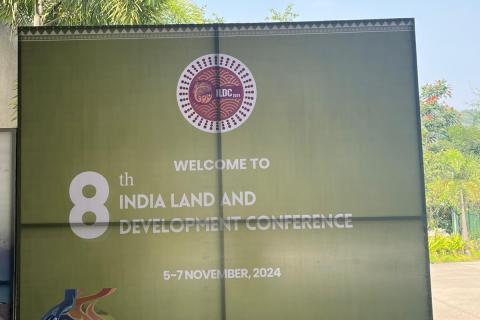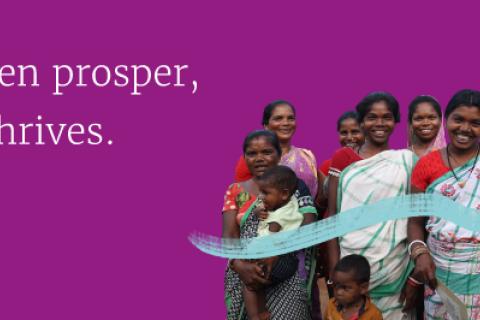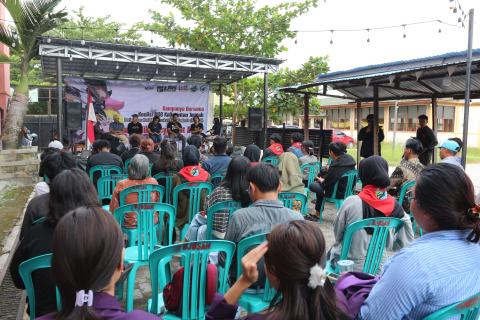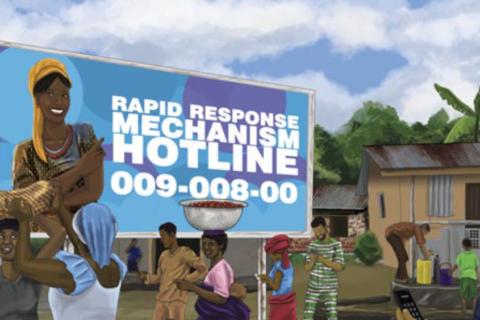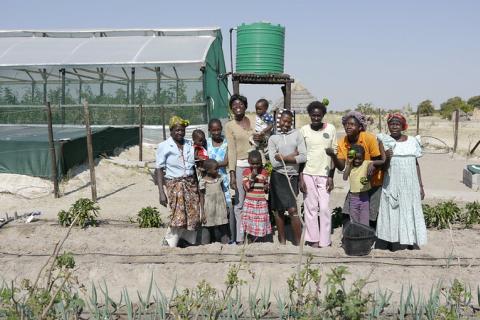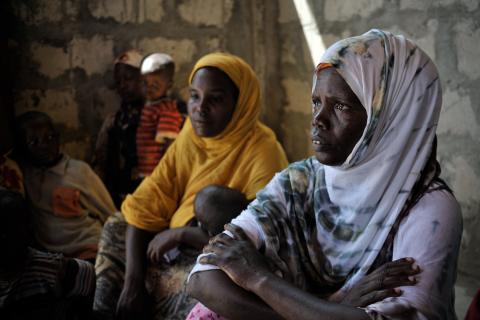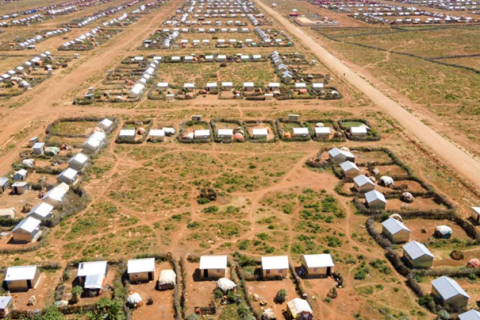Eight highlights of 8th India Land and Development Conference
India Land and Development Conference, ILDC is back with its eighth episode at the picturesque FLAME University in Pune this week. It has been quite a journey for this collaborative convening. Despite its 8th edition, it has emerged as a globally recognized land convergence event, drawing attention from far and near.
Just thinking of a conference on a topic like ‘Land’, in a country like India, is in itself a big challenge, forget organizing it year after year, for eight years - setting a stature that has grown every year!

